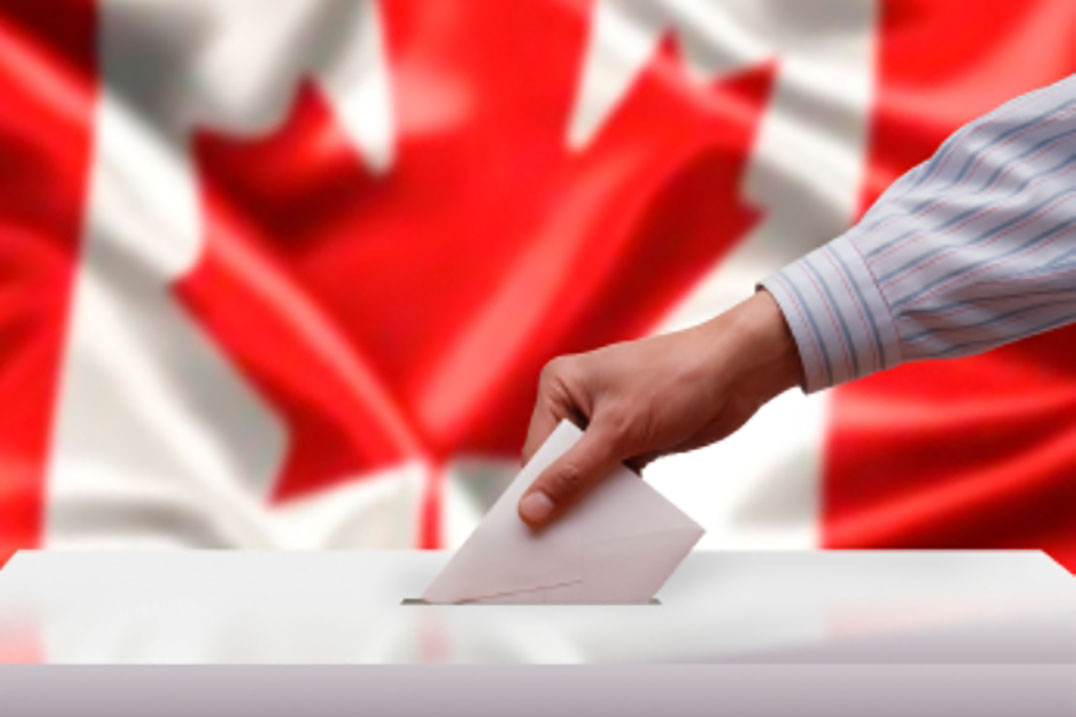NIPISSING FIRST NATION– Anishinabek Nation Grand Council Chief Patrick Madahbee says that he’ll hold his nose to vote in the October 19 federal election.
“Some of our people say they feel uncomfortable voting to elect candidates for other governments than our own. I respect their choice,” says Chief Madahbee. “We all look forward to the day when Canada lives up to the words of its own Constitution and respects a nation-to-nation relationship with us. But, until then, and because the federal government has virtually abandoned First Nations for the past decade, I am personally prepared to ‘hold my nose’ and cast my ballot.”
Chief Madahbee says he would rather not participate in Canada’s elections, but is concerned that “not taking advantage of a right won by our warriors who fought under Canadian flags could condemn our communities to more legislative assaults against our treaty and inherent rights.”
One of the factors that influenced Chief Madahbee’s decision is the lengths to which the Harper government has gone to make it difficult for eligible First Nations citizens to vote on October 19, he states.
Voters are supposed to be able to check online to see if they are registered to vote October 19, but we have heard of situations where the system is not recognizing on-reserve postal codes.
“New election legislation requires voters to have a piece of government-issued ID that has a photo and address,” he continues. This excludes Status Cards. Voters without photo ID must present two pieces of identification, one of which includes their address. “But many on-reserve homes don’t have street addresses, and lack of adequate housing means some of our citizens don’t have a fixed address of their own.”
Elections Canada says First Nations governments can issue letters to their citizens which can serve as one of the two pieces of ID required to vote.
“We are concerned that these kind of barriers could discourage our citizens from voting, and urge Anishinabek leaders to be pro-active about ensuring that community members are included on voters’ lists and supplied with letters of identification from their band offices,” says the Grand Council Chief of 39 First Nations in Ontario.
Before October 19, Chief Madahbee says “it is important for Anishinabek leaders to help community members know the positions taken by local candidates and their parties on issues important to First Nations, such as equity in education funding, our rights of consultation and accommodation for resource projects in our territories, a national inquiry into murdered and missing indigenous women, and measures to reduce the risk of environmental damage to our lands and waterways.”
This information can be found in local media election coverage, and is available from analysis developed by the Chiefs of Ontario and Assembly of First Nations. It can be distributed by band newsletters and websites, and social media platforms. Some First Nations have arranged for area candidates to hold round-table discussions in their community halls which will be streamed live on the Internet.
“National party leaders have never before paid so much attention to First Nations issues. They believe there will be a larger-than-ever First Nations turnout at the polls, and have seen statistics that indicate our voters could have a major influence in 51 ridings across Canada.”
“I encourage all Anishinabek leaders to do what they can to help community members who decide they want to vote to be able to cast informed ballots October19,” says Chief Madahbee.




